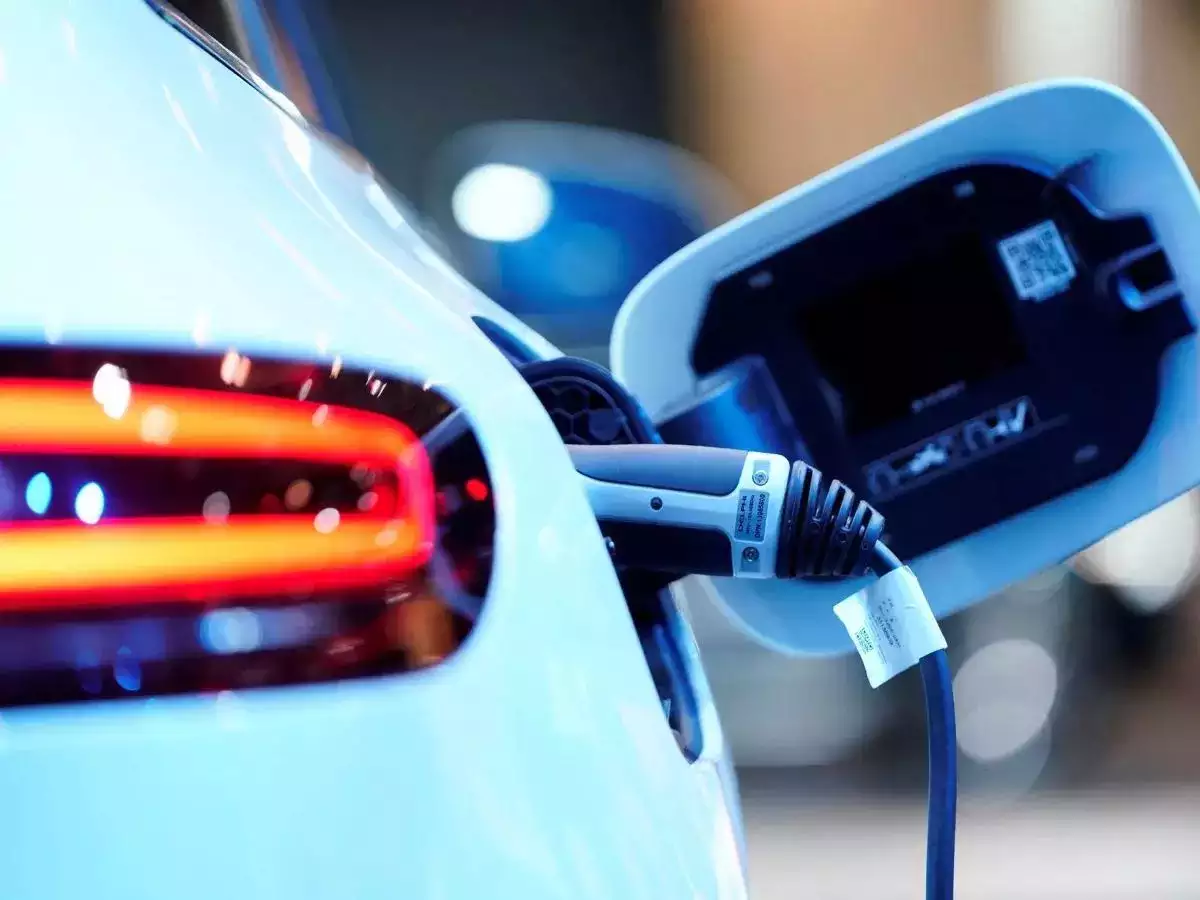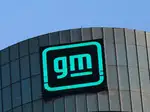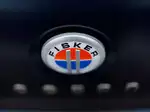India needs to look at taxation on batteries and EV charging services, says Modi's adviser

Taxation concerns on batteries for four-wheelers and charging stations have been flagged to the relevant authorities, Kapoor said at an event in New Delhi.
"Government support for four-wheelers remains strong, but certain areas require attention. While GST on EVs is already lower, there’s a need to examine taxation on batteries and charging services, where GST is higher. This concern has been flagged to the relevant authorities," Kapoor was quoted as saying by Business Today.
Meanwhile, an earlier Economic Times report claimed that the buyers of cargo electric three-wheelers may not be able to avail government subsidy as the PM E-Drive incentive targets for this fiscal have been met within weeks of the scheme's launch.
Electric two-wheeler (e2w) sales are also close to the scheme saturation goal of one million units for 2024-25, with eligible manufacturers already reporting sales of over 690,000 e2w, official data show.
The Ministry of Heavy Industries (MHI) had announced plans to incentivise 80,546 large electric three-wheelers (e-3w of L5 category) under the scheme this financial year.
Eligible manufacturers have already reported sales of over 82,000 e-3w (L5).
The PM Electric Drive Revolution in Innovative Vehicle Enhancement (PM E-Drive) Scheme is aimed at promoting sale of locally made units.
The new scheme launched on October 1 this year replaced the Faster Adoption and Manufacturing of Electric Vehicles (FAME) scheme that ended on March 31, 2024.
It offers demand Incentives for e-2W, e-3W, e-ambulances, e-trucks and other new emerging EV categories. The scheme also offers grants for creation of capital assets such as e-buses, establishment of a network of charging stations and upgradation of MHI testing agencies.
The scheme was launched for a two-year period ending next fiscal. During 2025-26, the Centre aims to subsidise sales of 1.42 million e2w, 125,000 L5 e3w, and 67,000 e-rickshaws and e-carts.
To learn more about the electric vehicle ecosystem and meet the key industry leaders, click here.

